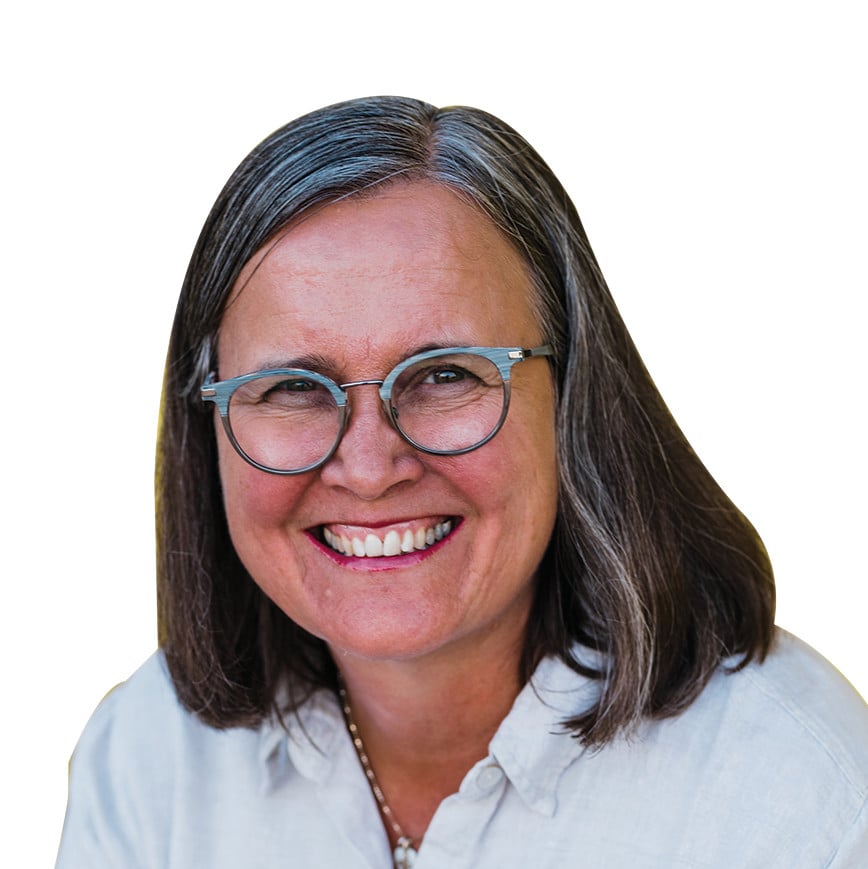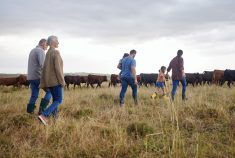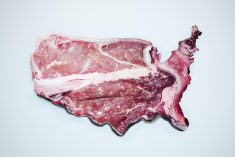If you’ve had a tough year with poor crops and low prices and are feeling financially short, regardless of how it turned out, you’ll likely always need labour support to get the job done.
One of the biggest fears of founders that I coach is the fact that they may lose loyal, hard-working employees after the transfer of the farm to the next generation. It doesn’t have to be that way.
Dan Ohler of ESOP Builders ([email protected]) recently gave a webinar on how Employee Share Ownership Plans (ESOPs) work. We’ve been thinking about this on our farm as we have a fabulous young mechanic whom we would like to keep for the next 30 years. According to Ohler’s statistics, 51 per cent of business owners in Canada have no succession plan, and only nine per cent have a formal succession plan.
Read Also

Maintain motion to ease joint stiffness
As we proceed into colder, drier temperatures, it’s common to hear reports of more joint stiffness and pain, athletic therapist Kathlyn Hossack writes.
Would your business be in a pickle if you lost a key employee? It may seem difficult to talk about your finances and personal goals for the future, but I suspect your biggest barrier is that you are afraid of what life might look like after the business is transferred.
Ohler suggested that 75 per cent of owners regret the sale of the business 12 months later because they were not emotionally ready to let go, they paid too much tax, and they didn’t take enough time to plan their retirement. That is why I suggest that farmers use the concept of “reinvention” and test out some of the things they would like to do, and still have a semi-active role in the farm business. Their transition is a role change, not a total “goodbye” to the farm.
ESOPs would allow my key employee to have long-term value growth and purchase part of an ownership interest in the farm he works hard at.
What are the benefits of an ESOP?
- The founder can exit on his or her own time. It can be planned out in stages of letting go.
- There may be instant liquidity with a potential for increased growth and profitability as your employees purchase shares and are now part owners and committed to the long-term success of the farm.
- As co-owners, employees share the risks and rewards of the business, and they also become clearer about the financial transparency that impacts their work.
- You’re not Scrooge; you are enabled by your ESOP to share success with your valued employees.
The process is done through one, or a combination of the following alternatives: selling equity shares, selling equity value units (treated like a share), and share options (the employee is given a right to buy shares in the future at today’s price). ESOP Builders uses a transformational two-stage model — a three- to four-week feasibility study followed by a three- to six-month design, training and implementation. This ensures the ESOP is designed specifically for your unique operation and based on your goals and desires.
Ohler says that “communication and culture are critical” to the process of share transfer, so the transition is successful. The leadership team must be keen about the process. There also needs to be an independent valuation of the company or farm by an outside person. This builds trust and establishes benchmarks for the future.
“People support what they help to create,” says Ohler. On our farm, we have worked hard to create a culture of collaborative decision-making, where every employee and shareholder has a voice in the way things are done. It would be even more powerful if the non-family employees felt like the harder they worked, the better the financial gain for their family as they would have “skin in the game,” so to speak.
Companies that have ESOP plans have:
- An engaged workforce and increased recruiting power. What would that look like for your farm labour force to be really attractive to new labour?
- More productivity, possibly 20 per cent higher, according to Ohler’s research.
- Decreased turnover. High turnover is costly and stressful. I see this in farm families where the culture of conflict drives great employees away.
- Increased innovation and creativity as all the owners are open to new and better ways of accomplishing the farm’s goals. When employees are part owners they take pride in their work, and have a voice for creating change.
- Increased job satisfaction. We all want to get out of bed for a vocation that gives us meaning and purpose. When you do your job well and reap the benefits of growth, it is a win/win.
But Ohler is also clear that you need to recognize the risks of using an employee ownership plan:
- It could fail, but Ohler shared research indicating ESOPs have an 80 per cent success rate.
- There is a limited market for selling shares. Ohler says an annual internal “mini-market” provides some liquidity. And shares can also be sold back to the company.
- You have to comply with tax laws, which do change occasionally.
- Share dilution can occur. If more people join the plan, there could be a dilution of the percentage or value of the shares an employee owns.
- The administrator may terminate the plan.
- Unforeseen economic changes may put pressure on the plan.
I know that when our successor son started to own assets, he became highly attuned to the risks he needed to manage. Ownership creates accountability and desire to protect assets and creates more growth opportunities.
Please take the time to check out if Employee Share Ownership Plans are a good fit for your farm. December is usually a time of taking stock and seeing if there is room for “bonuses” to employees as a gift at year-end. Perhaps this year you can start the conversation about a lasting way to engage your key employees for life. (See more at successionmatching.com and esopbuilders.com.)
















